For anyone who doesn’t have Facebook, Twitter, friends, a local newsagent, a town crier or the Internet, there is an outside chance that you will be unaware of the historic vote that took place in Scotland on 18 September. For anyone who has access to just one of the above sources of news, you will probably have heard and seen nothing but Referendum-related posts in the run-up to the 18th. The vote now having taken place and Scotland having delivered its historic decision on Scottish independence, I am still slightly terrified to mention it given the complete pasting that we took for mentioning the ‘R’ word on our Facebook Page the day after the vote. Nevertheless, this was a vote that could have had significant implications for, well, everything in Scotland, and that included the Scottish property market. So, what have we seen happening in the Scottish property market in the past month, both pre-and-post-Referendum and what can we expect in the months to come? Also, hard as it is to believe, there has been other stuff happening too, so we’ll cover that as well.
The Scottish Independence Referendum – Effect on the Property Market
I was fairly vocal, prior to the Referendum, about people using the property market as leverage for whatever political agenda that they had with regards to Scottish Independence. It did happen to suit the Better Together campaign quite well, though property was mentioned by both camps as something that would be affected by either outcome. For what it’s worth, my own position was that the property market is something that affects the entire country and economy, regardless of ownership, and ‘talking down’ the market through irresponsible scaremongering was in nobody’s interest if it caused prices to fall through a lack of confidence.
Many articles speculated about the effect of a ‘Yes’ vote on prices, with some eye-catching headlines suggesting that the average property in Scotland could lose over £30,000 in value. Others suggested that buyers were making their offers subject to a ‘no’ vote, meaning that the deal would automatically fall-through if there was a ‘yes’ vote. I didn’t really hold-back on commenting on this sort of thing either! http://www.mov8realestate.com/2014/09/upcoming-scottish-independence-referendum-vote-affecting-housing-market/
So what has actually happened, now that we have got the result?
The reality of the matter is that there were some people sitting on their hands, waiting to see what the result of the Referendum was before making a decision about buying or selling their property. The big question was how big a proportion of property buyers and sellers that represented.
The day after the vote, I posted an article saying that I expected a property market ‘bounce’ in Scotland as a result of the ‘no’ vote. This was on the back of having taken several calls from property sellers, within a couple of hours of opening on the Friday (19th September), who specifically told us that they had been waiting for the outcome of the Referendum before making a decision about whether or not to sell. http://www.mov8realestate.com/2014/09/indy-vote-will-cause-spike-scottish-property-prices/
That ‘bounce’ has continued for the past few days and into this week, although the number of people telling us that they have been waiting for the Referendum result before committing to selling is dwindling.
We do know that a handful of potential buyers of our clients’ properties were holding-off making an offer until after the Referendum result too. Anecdotally, our Negotiators’ blood pressure levels towards the middle of last week did seem to suggest that they were considerably busier than normal. Some may argue that this approach to property market research isn’t hugely scientific. I can’t really disagree. But we definitely experienced our busiest few days of the year after the result of the vote was clear.
All this said, the general Scottish and Edinburgh/Lothians property market stats in the run-up to the Referendum were so healthy that it suggested that the number of people who were allowing the Referendum to affect their decision was pretty small.
It is therefore pretty clear to see that there was a wee bottleneck that needed to clear, with some buyers and sellers having been put-off making a decision about buying or selling, even if only for a short while, until they knew the Referendum outcome. That does appear to be clearing now and I anticipate that any effect that this has, in terms of a ‘bounce’, will only be temporary.
The property market in Scotland, and in particular around Edinburgh and the Lothians, has been in really good health this year, Referendum or no, with the number of sales up hugely on last year and the number of new properties coming to the market being up almost 20% on 2013 levels, so the Referendum certainly hasn’t had a hugely depressing effect on the property market and I wouldn’t expect to see a dramatic ‘lift’ even though the property market has a bit more certainty.
And in Other News…
The ESPC reported that prices and activity levels continued to rise, with the average time on the market falling. This has certainly been our own experience and, with two days of the month left, we are looking at record numbers of new people signing-up to come to the market and are hopeful of the second-highest number of monthly sales this year. Of course, the ratio of selling price versus Home Report can be a little misleading as it depends as much on surveying practices and also varies depending on the type of property and whether it’s an area of high demand, but the figures reflect what we are seeing happening in practice. https://www.espc.com/news/espc-house-price-report-august-2014
There has also been quite a lot of coverage given to interest rates and mortgage lending practices.
Historic rules have come into force, aimed at curbing the amount of mortgage lending that lenders can engage in where the value of the mortgage is above a certain proportion of the borrower’s income. These provisions are most likely to affect, and seem to have been intended to affect, the market in the South East of England where house prices relative to earnings are considerably higher.
The Governor of the Bank of England, Mark Carney, has also been making noises that interest rate increases are likely to take place sooner rather than later as the economy seemingly continued to recover after the credit crunch. http://www.telegraph.co.uk/finance/economics/11125007/Our-economy-is-starting-to-shine-but-public-borrowing-and-interest-rates-keep-it-in-the-shade.html
Whilst great news for savers, this is not so good for anyone on a variable rate mortgage. It is expected that such interest rate rises will be gradual, but anyone buying a property now really should factor such interest rate rises into their calculations about how affordable the property they are looking at is for them.
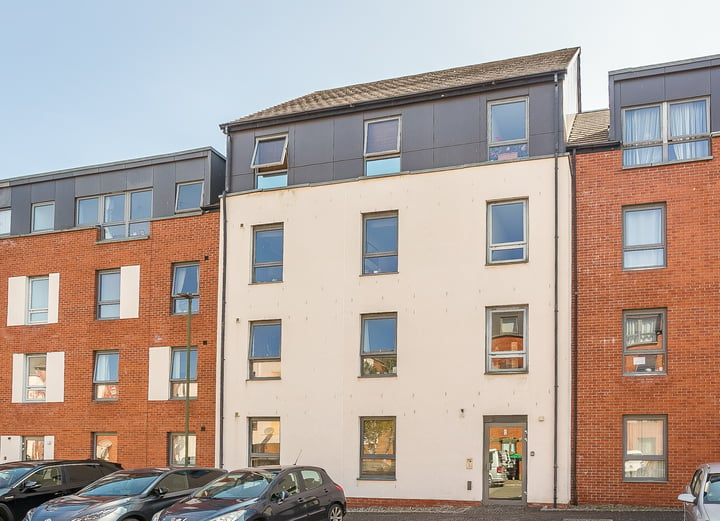
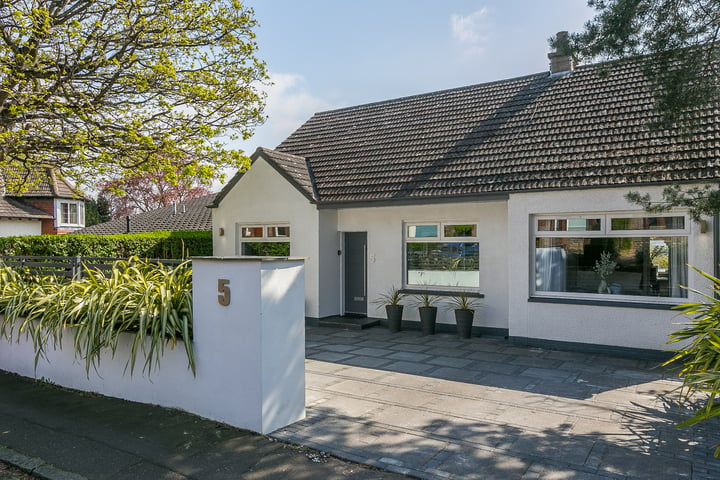
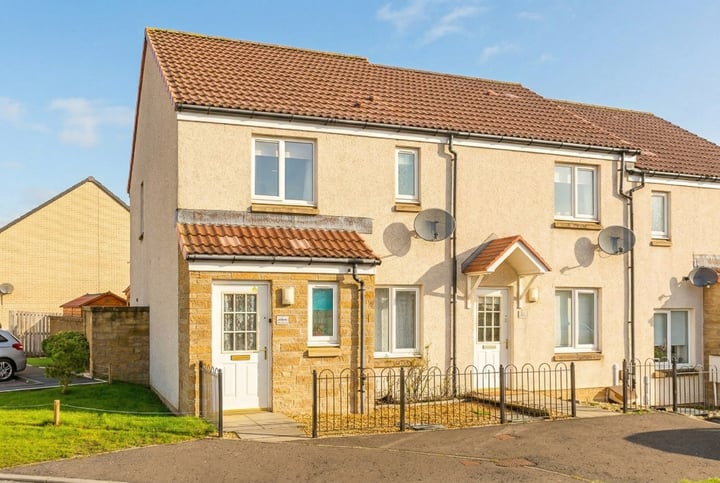
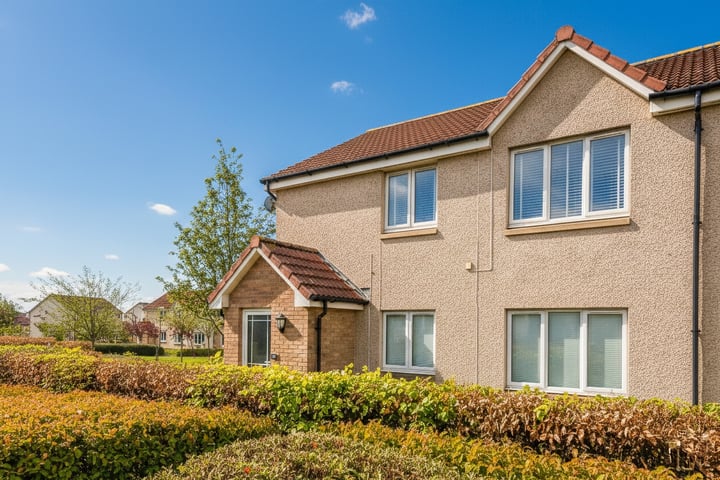
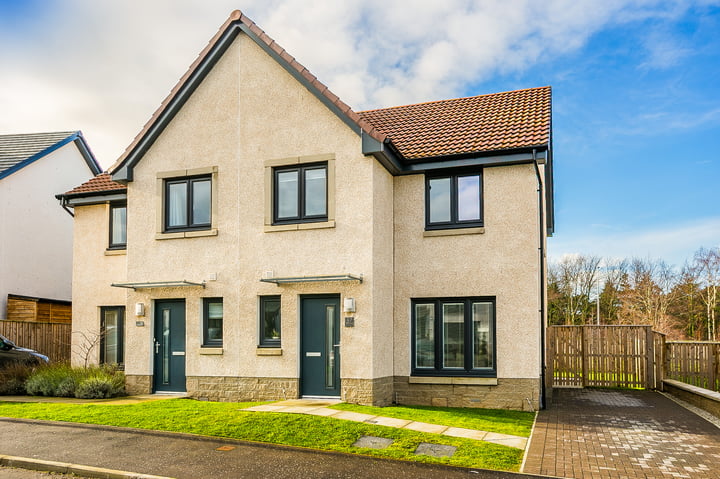
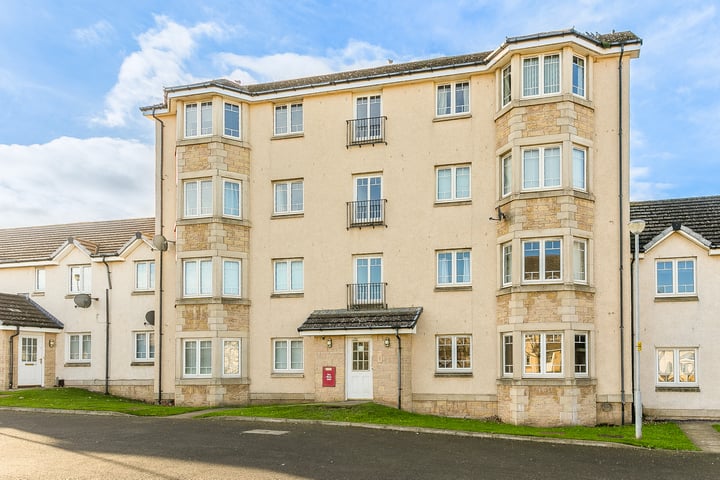
Leave a Reply